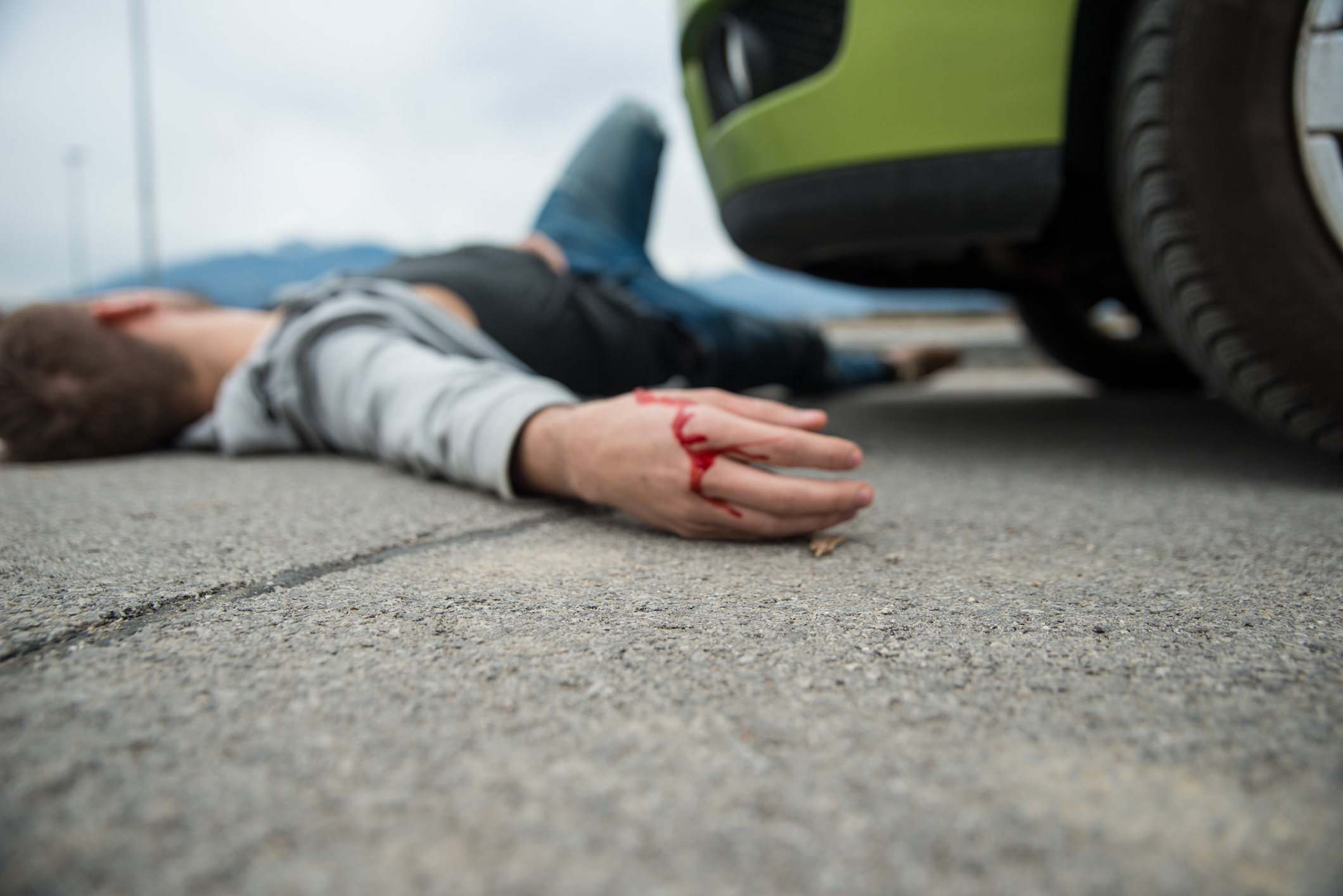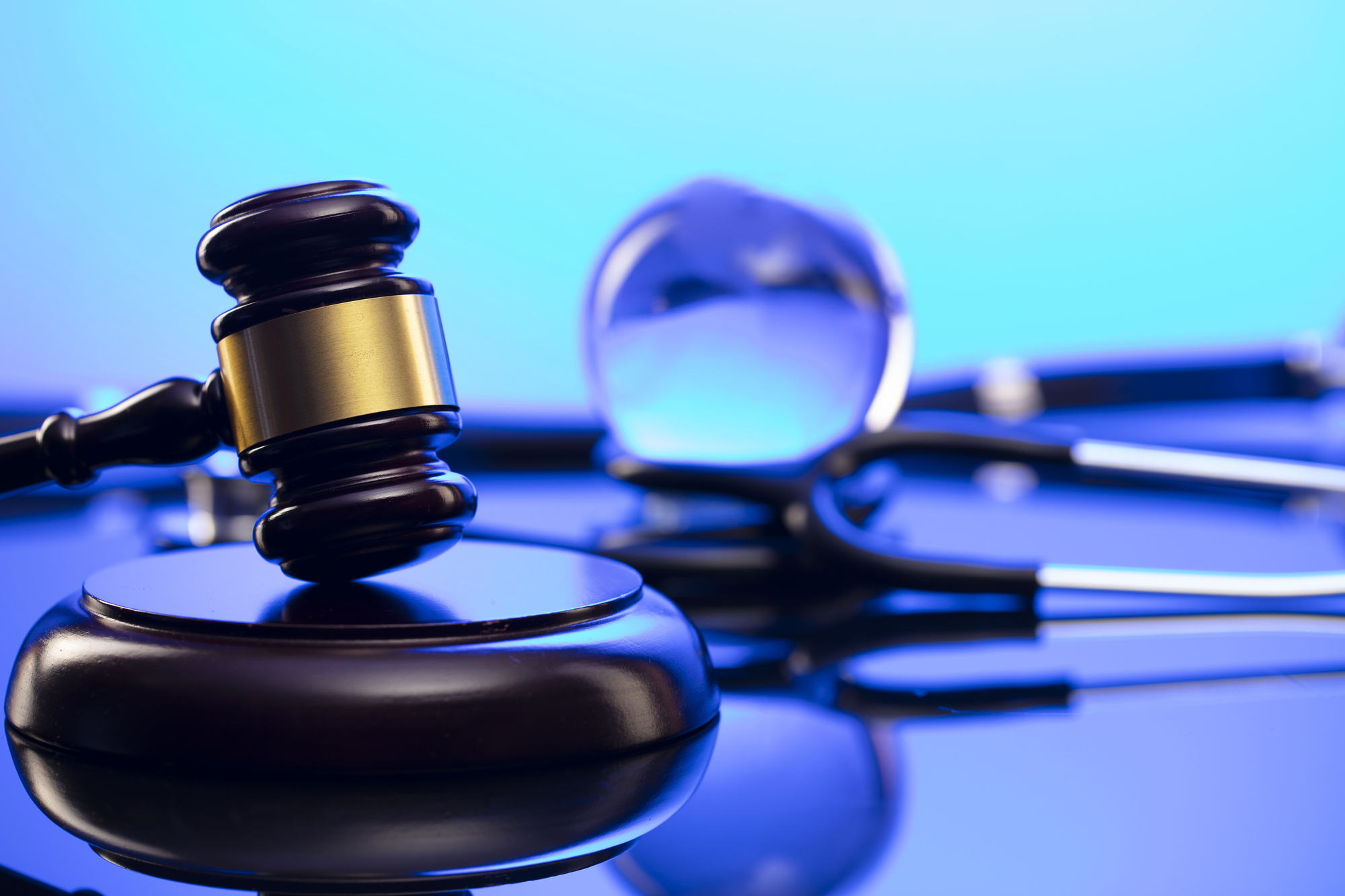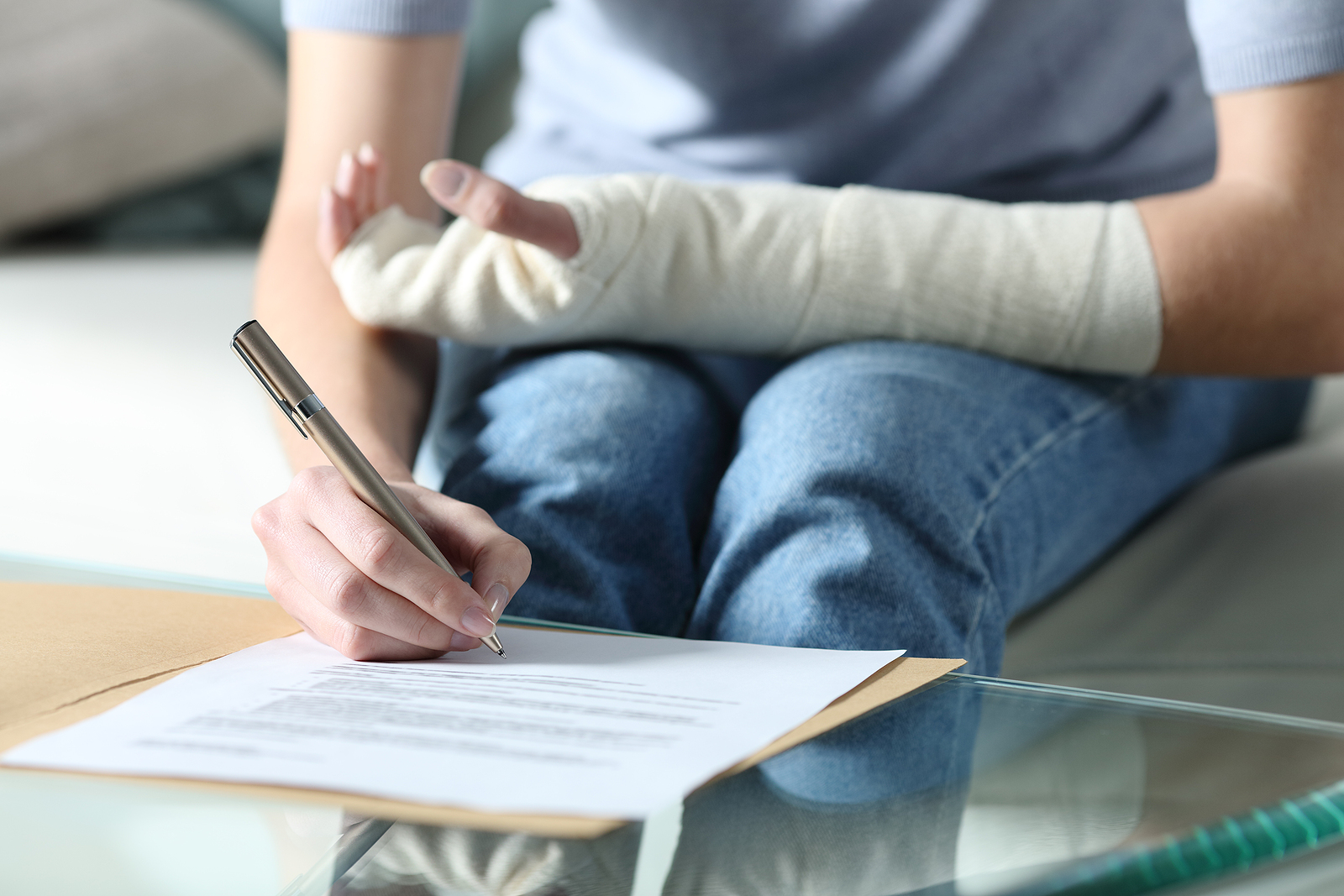HIt and Run: Now What?
Hit-and-run accidents are an increasing concern in Florida, leaving victims grappling with physical, emotional, and financial stress. According to the Florida Department of Highway Safety and Motor Vehicles (FLHSMV), thousands of hit-and-run incidents occur annually, with many resulting in serious injuries or fatalities. If you’re involved in a hit-and-run, you should understand your legal rights and the steps you can take to protect yourself, even if the at-fault driver is not immediately identified.
Legal Obligations of Drivers in Florida
Florida law imposes strict obligations on drivers involved in accidents to ensure accountability and provide aid to those injured. Fleeing the scene is a serious crime with significant legal consequences.
Leaving the Scene Is a Crime
Under Florida Revised Statutes § 316.061, it is illegal for a driver to leave the scene of an accident involving property damage, injury, or death. Drivers are required to stop, exchange information, and provide reasonable assistance to anyone who has sustained injuries in the accident. Failing to do so can lead to:
- Misdemeanor charges for accidents involving only property damage.
- Felony charges for accidents involving injuries or fatalities, with penalties including imprisonment, fines, and license revocation.
By fleeing the scene, the at-fault driver compounds the harm caused and complicates efforts to seek justice.
Reporting Requirements
Drivers in Florida must report any accident that has led to an injury, death, or property damage that exceeds $500. Reporting ensures the incident is documented, which is critical for legal or insurance claims. Victims of hit-and-run accidents should file a police report as soon as possible, providing as much information about the fleeing driver and their vehicle as they can recall.
What to Do After a Hit-and-Run Accident
Being involved in a hit-and-run accident can be overwhelming, but taking the right steps immediately afterward can significantly affect the outcome of your case.
Gather Evidence and Witness Accounts
If you’re able, try to gather evidence at the scene. Key details can include:
- Descriptions of the fleeing vehicle: Try to note the vehicle’s make and some or all of the license plate numbers when possible.
- Photographs: Take pictures of your vehicle’s damage, injuries, and surrounding area.
- Witness information: Speak with anyone who saw the accident and ask for their contact information and statements. Witness accounts can provide valuable details that you might have missed in the heat of the moment.
- Police report details: Obtain the name and badge number of the responding officer and the report number to ensure you have official documentation of the incident.
- Surveillance footage: Check for nearby cameras, such as traffic cams or private security footage, which may have captured the accident or video of the vehicle leaving the scene.
File a Police Report
A police report is critical for documenting the hit-and-run and initiating an investigation to identify the at-fault driver. Be sure to provide law enforcement with all the evidence and information you’ve gathered. Even if the driver is not immediately found, the report serves as an official record that can support your insurance claim or legal case.
Seek Medical Attention
Your health and safety should always be the top priority. Even if you feel fine initially, some injuries, such as whiplash or internal trauma, may not present symptoms right away. Prompt medical attention ensures that injuries are treated early and creates medical records that can be used as evidence in your claim.
How Insurance Can Help
Florida’s insurance system protects hit-and-run victims, even when the at-fault driver is not located.
Uninsured/Underinsured Motorist Coverage
Uninsured/underinsured motorist (UM/UIM) coverage is optional in Florida but can be a lifesaver after a hit-and-run accident. If the fleeing driver cannot be identified, they are treated as an uninsured motorist. UM/UIM coverage can help pay for:
- Medical expenses.
- Lost wages.
- Pain and suffering.
Check your insurance policy to see if you have UM/UIM coverage and consult with your insurer to file a claim.
PIP Benefits
Florida’s Personal Injury Protection (PIP) insurance—mandatory for all drivers—provides coverage regardless of fault. PIP benefits include:
- Up to 80% of reasonable and necessary medical expenses.
- Up to 60% of lost wages.
- Death benefits of up to $5,000.
While PIP benefits are limited, they can provide immediate financial relief while you explore other legal options.
The Role of Law Enforcement and Attorneys
Successfully resolving a hit-and-run case requires the combined efforts of law enforcement and experienced attorneys. Law enforcement plays a critical role in investigating hit-and-run accidents. Officers may use:
- Surveillance footage: Cameras near the scene, such as traffic or security cameras, can capture the fleeing vehicle.
- Witness statements: Testimonies from bystanders can provide details about the vehicle or driver.
- Vehicle debris: Pieces of the fleeing vehicle left at the scene can help identify its make and model.
- Paint transfer analysis: Scratches or paint on the victim’s vehicle can be analyzed to match the fleeing vehicle’s color and manufacturer.
- License plate recognition technology: Automated traffic cameras or patrol vehicle systems can scan and identify license plates near the incident scene.
While law enforcement works to locate the at-fault driver, an attorney can also help by conducting their investigation and collaborating with experts, such as accident reconstruction specialists.
An experienced personal injury attorney can help you deal with challenging legal issues in a hit-and-run case, including:
- Filing insurance claims: Attorneys ensure your claims are correctly documented and help you challenge unfair insurance company denials, delays in payment, or lowball offers.
- Negotiating settlements: If the driver is identified, your attorney can negotiate with their insurer or represent you in court to recover full compensation.
- Exploring alternative remedies: If the driver is not found, your attorney can identify other sources of compensation, such as UM/UIM coverage or other liable parties.
Get Legal Advice at Linton Robinson & Higgins, LLP
Being involved in a hit-and-run accident is a stressful and often frustrating experience. However, Florida law and insurance policies allow victims to seek compensation, even when the at-fault driver isn’t immediately identified. Taking prompt action—such as filing a police report, seeking medical attention, and consulting with an experienced attorney—can make all the difference in protecting your rights and recovering damages. If you’ve been injured in a hit-and-run accident, let the Linton Robinson & Higgins, LLP legal team guide you.
Call us today at 786-882-7316 for a free consultation to ensure your case is handled with care and expertise.




